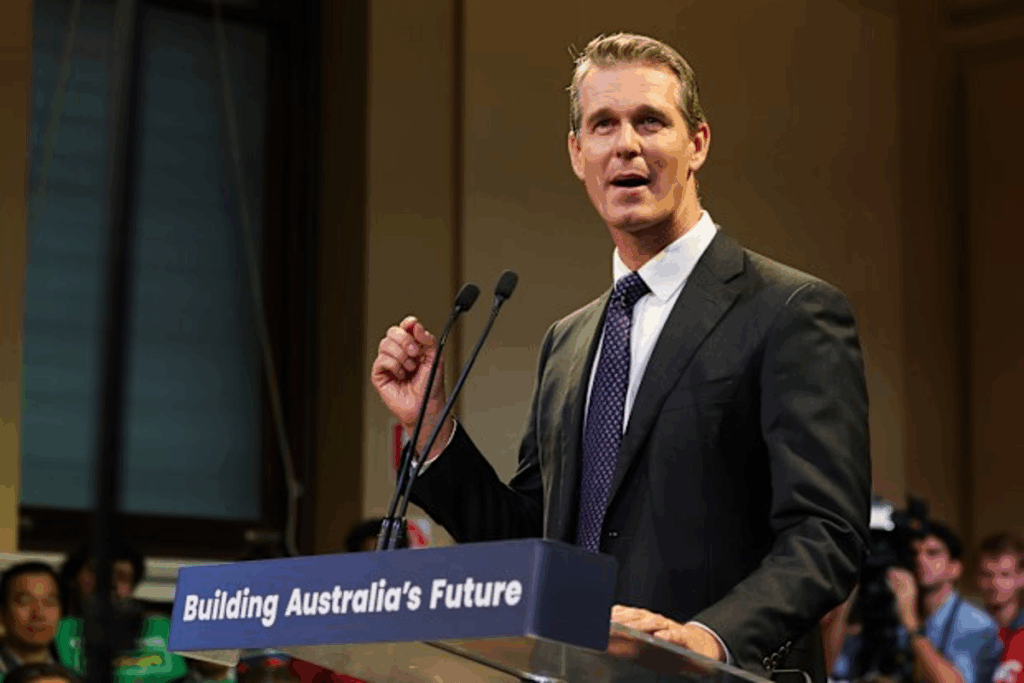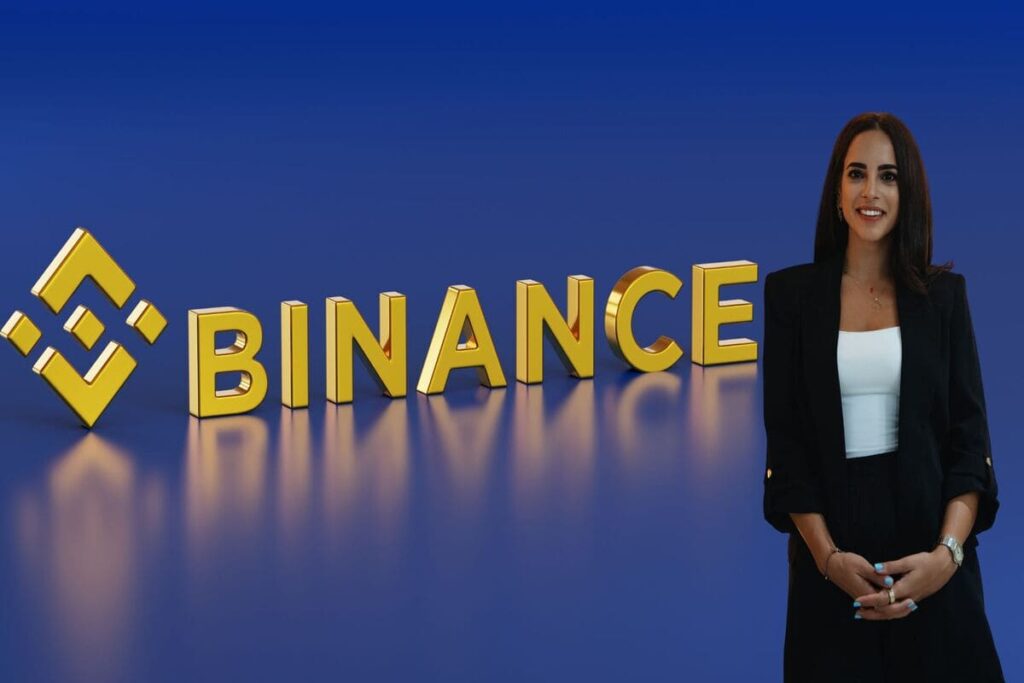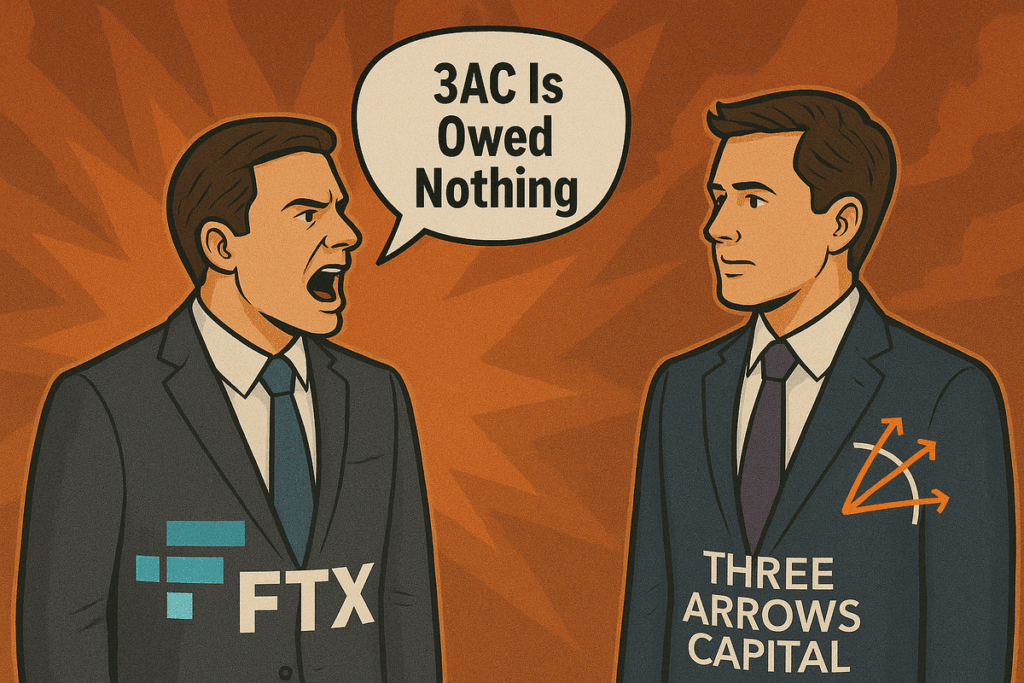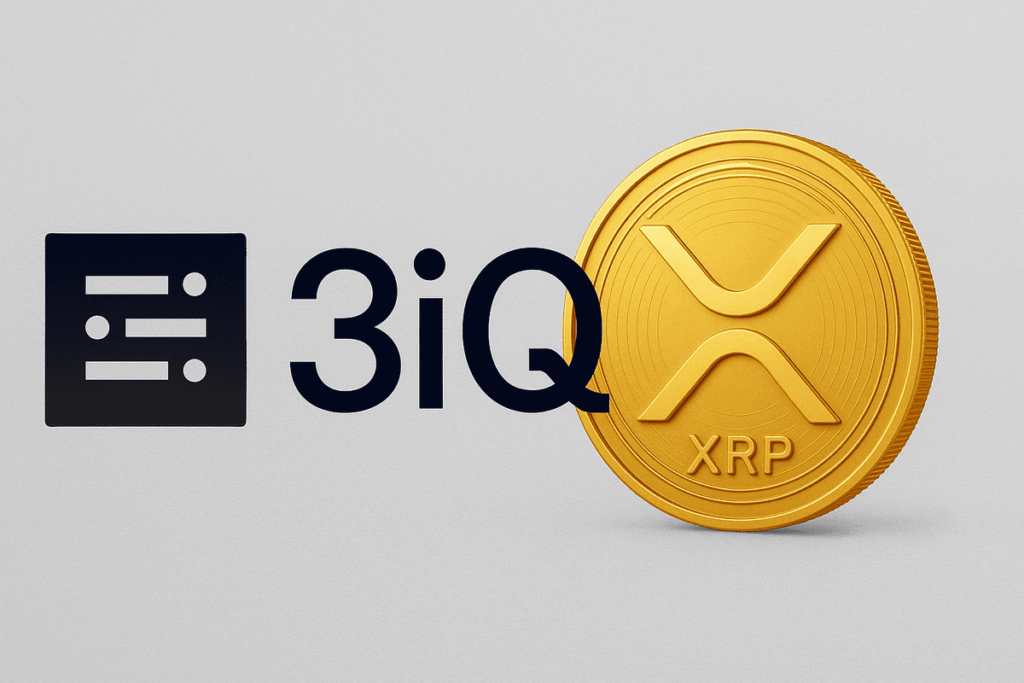Australia’s cryptocurrency sector has responded positively to the appointment of Andrew Charlton as the country’s new assistant minister for the digital economy, artificial intelligence, and emerging technologies. The announcement, made by Prime Minister Anthony Albanese on May 12, signals a notable policy shift in favor of digital assets and innovation.
Charlton will work alongside Tim Ayres, the minister for industry and innovation, to shape and oversee national strategies around science, technology, and the digital economy. This comes at a time when Australia’s crypto sector is growing rapidly and pressing for clearer legislation to guide its expansion. The industry has long awaited regulatory clarity, and Charlton’s appointment is widely seen as a step toward achieving that goal.
Charlton has previously demonstrated strong support for blockchain innovation. In 2023, he advocated for a regulatory framework that supports technological advancement while ensuring responsible oversight. His new role is expected to accelerate the development of Australia’s digital asset legislation, which industry stakeholders say has been delayed for years.
Newsletter
Get weekly updates on the newest crypto stories, case studies and tips right in your mailbox.
Crypto industry leaders have welcomed the appointment, emphasizing Charlton’s deep understanding of blockchain and belief in its potential to strengthen the Australian economy. With a growing number of Australians participating in the crypto space, there is increasing pressure to introduce regulations that can support innovation while protecting consumers.
Recent data from Independent Reserve shows that approximately 31% of Australian adults—equivalent to 6.2 million people—currently own or have owned crypto. This is up from 28% in the previous year, indicating a growing appetite for digital assets among the public. As digital currencies become more integrated into traditional financial systems, proper regulation is seen as essential.
The appointment also highlights the growing importance of the digital economy in national policy. Industry leaders believe that incorporating the digital economy into a formal ministerial title underscores the government’s commitment to emerging technologies and the future of employment and innovation.
Charlton is expected to work closely with the assistant treasurer and other officials to ensure that Australia’s crypto framework evolves in step with global developments. His background and policy stance position him as a key figure in helping the country adapt to the rapidly changing digital financial landscape.
The government, led by the center-left Labor Party, has already proposed a framework to regulate crypto exchanges under existing financial laws. It has also committed to addressing ongoing issues such as debanking, which has hindered the growth of many digital asset firms.
In 2022, the government initiated a series of consultations with industry participants to gather feedback on its planned crypto regulations. With Charlton now in a leadership role, the industry is hopeful that this momentum will translate into tangible policy outcomes that can foster innovation while ensuring market integrity.










